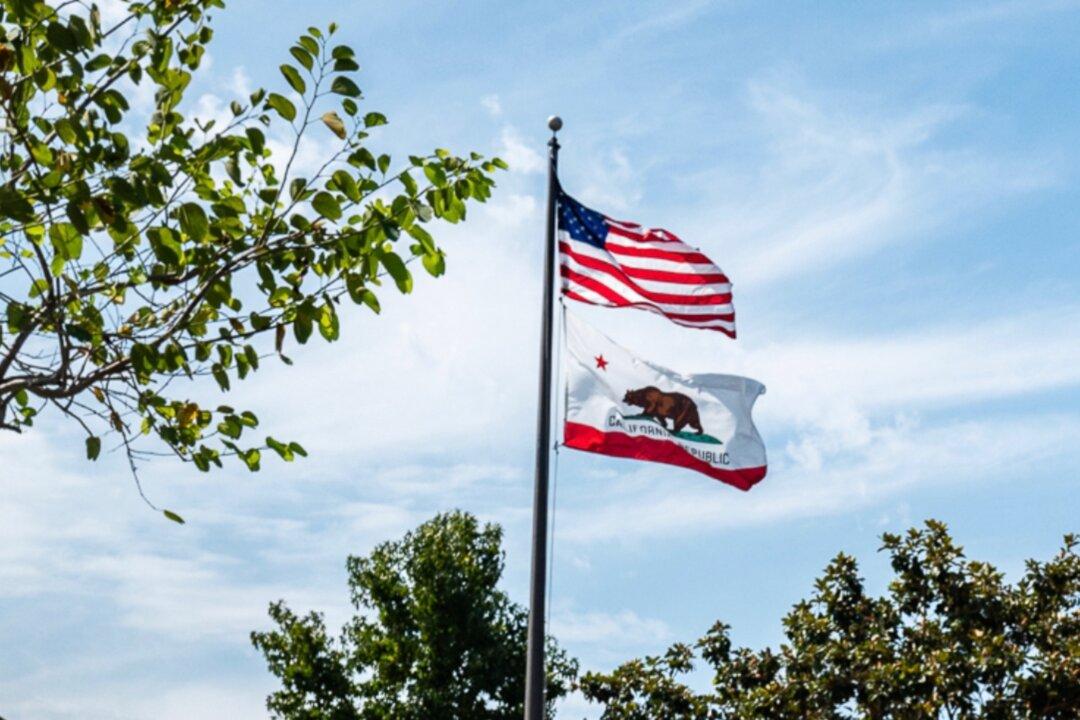A California psychologist whose license to practice was threatened after she spoke out against teaching transgender ideology to third-grade students, as well as statewide lockdowns during the COVID-19 pandemic, said leaving the state was the best option.
Dr. Shannae Anderson, a clinical and forensic psychologist with 23 years of experience, was heckled by trans activists at a local school board meeting in Thousand Oaks, California, last June and harassed on social media. She said she received death threats and was targeted by leftwing extremist groups, including Antifa.





